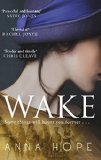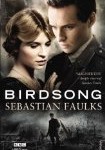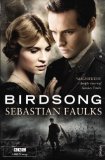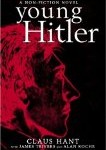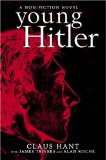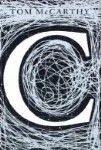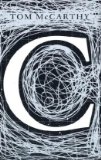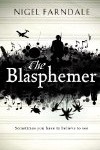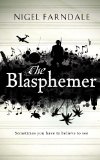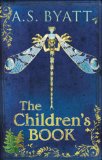Five words from the blurb: unknown, soldier, buried, women, change
Wake is set over the five-day period in 1920 in which the body an ‘unknown soldier’ was removed from a French WWI battlefield, transported to England, and then buried in Westminster Abbey. The book shows how important this remembrance service was to the British people, allowing them some closure for the suffering they’d endured as a result of WWI.
The story concentrates on three women, showing how the war impacted on their lives and how they adjusted as things began to return to normal. It was very well researched, with lots of little facts about both social and military history.
I loved the sections containing information about the unknown soldier. The descriptions of the battlefield after the war had ended were incredibly atmospheric and I enjoyed learning the details of the clean-up process – something I’d not come across before. Unfortunately I found the sections on the women less interesting – their characters lacked depth and I often struggled to tell them apart. Too much information was crammed into the book at the expense of emotional engagement and detailed character development.
I also felt that the book sometimes forgot its time period. There were several occasions when I questioned the actions of the characters as they appeared more modern than a 1920s person would be – both in terms of what they did and the dialogue they used.
I read Wake because it was selected by my book group. Everyone else enjoyed it more than I did and their passion was infectious. I found that as the book was discussed I appreciated it more. I’d thought that there were too many characters, but I began to realise that they all served a purpose. I prefer books that concentrate on a smaller cast, but I can see why others enjoyed the brief insight into the lives of a wider range of people.
“I see so many women here,” she says, “and they are holding, all of them. Holding on to their sons or their lovers or their husbands, or their fathers, just as surely as they are holding on to the table here,” she gestures with her hands. “They’re all different but all the same. All of them are afraid to let them go. And if we feel guilt, we find it even harder to release the dead. We keep them close to us; we guard them jealously. They were ours. We want them to remain ours.” There’s a silence. “But they are not ours,” she says. “And in a sense, they never were. They belong to themselves, only. Just as we belong to ourselves. And this is terrible in some ways, and in others…it might set us free.”
Overall this was a fantastic book club choice. There was a lot to discuss and we all felt that we’d gained something from having read it. Recommended for the snippets of historical knowledge and the pleasure of an avid discussion.

.
The thoughts of other bloggers:
It is beautifully and inventively written, adding something unique and genuinely enlightening to the canon of contemporary historical fiction. Book Snob
None of the protagonists were memorable enough to be thought of little more than fillers and I cringed at the tawdry motives behind unnecessary scenes. Live and Dream a Little Dream
Anna Hope’s writing was simple and straightforward, but at the same time profound. Laura’s Little Book Blog
